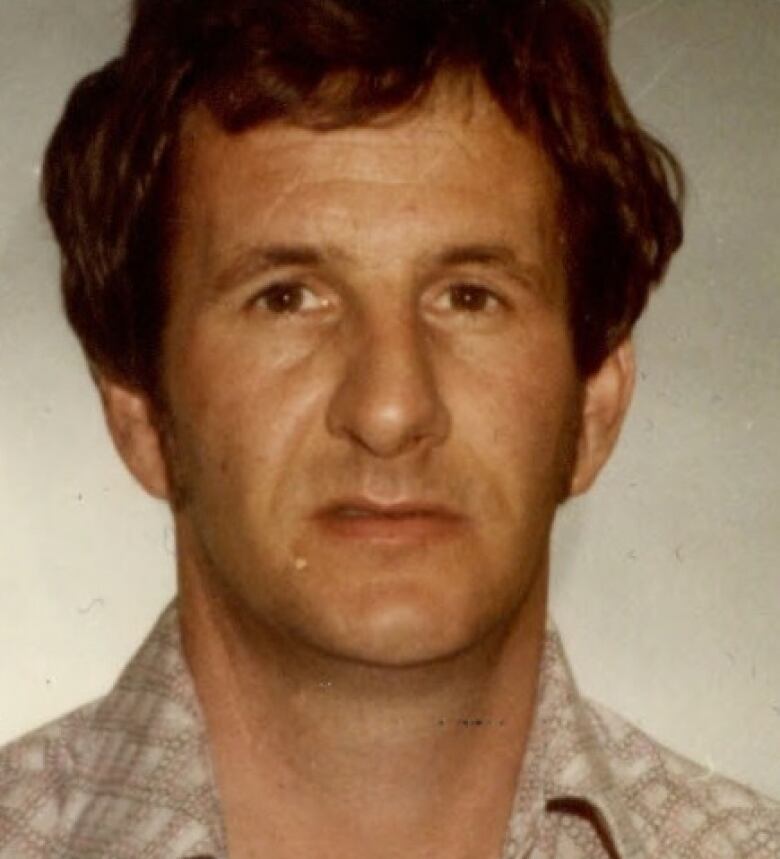B.C. court dismisses appeal of man convicted of 1978 murder of 12-year-old Monica Jack
Garry Handlen was sentenced to life in prison for the killing of the Indigenous girl near Merritt, B.C.

WARNING: This article contains graphic content and may affect those who have experienced sexual violence or know someone affected by it.
B.C.'s appellate court has struck down a motion from Garry Handlen, who was seeking to overturn a conviction for the murder of Indigenous girl Monica Jack in 1978.
Jack, 12, was killed on May 7, 1978 near Merritt, B.C., about 270 kilometres northeast of Vancouver.
Handlen, who was suspected of the murder initially, was only convicted in 2019 after an elaborate RCMP sting operation saw him confess the murder to an undercover officer.
He was sentenced to life in prison for the first-degree murder of Jack, with no chance of parole for 15 years.
The confession and some witness's statements were the basis of Handlen's motion in the B.C. Court of Appeal. However, a three-judge panel struck down his appeal in a unanimous decision on Friday.

In a decision written by Justice Elizabeth Bennett, and concurred by Justices Robert Bauman and Bruce Butler, both of Handlen's reasons for appeal were dismissed.
They found that the trial judge Austin Cullen was justified in allowing the taped confession, and the evidence from four witnesses, to be heard in court.
Handlen's next recourse would be an appeal to the Supreme Court of Canada.

In a February statement, the Union of B.C. Indian Chiefs had said they "vehemently" opposed Handlen's appeal.
"It pains me to my core to know that the gruesome violation and murder of 12-year-old Monica is not an isolated incident or a thing of the past," said Grand Chief Stewart Philip at the time.
'Her life was so savagely ended'
Jack was last seen riding her bike on the quiet highway between Merritt and her family home on the Quilchena reserve. It was two weeks before her 13th birthday in May 1978.
She was wearing a pink floral shirt and brown corduroys at the time of her death. Initially reported missing by her parents, her bike was found a day later.
However, it took 17 years for her remains to be located, when her skull and bones were found by a forestry worker on a mountain in the area.
Though Handlen was suspected of the murder early on — and had a rape conviction that saw him paroled in 1975 — it took until February 2014 for police to concoct a "Mr. Big" sting operation to elicit a confession from him.
The operation saw Mounties set up a fake crime operation that included "loan sharking, counterfeit merchandise, contraband cigarettes, and counterfeit credit cards."
Eventually, a "crime boss" — who was, in fact, an experienced police officer — told Handlen his contacts claimed DNA tests tied the Ontario man to Jack's 1978 killing and police had him in their sights.
They could "clean" the situation up. But first, the so-called "boss" needed to know what happened.
"I remember picking up a broad one time. Havin' sex. Then I just lost it for some reason," Handlen told him.
"I think I strangled her. I'm not sure."

That confession, shown in court in 2019, eventually led a jury to convict Handlen of Jack's murder.
He later admitted to burning her clothes after the fatal assault, before leaving her body behind a log.
Cullen, when sentencing the then-71-year-old Handlen, said his "actions were certain to bring an innocent child terror and pain before her life was so savagely ended."
Reasons for appeal dismissed
In his appeal, Handlen contended that the confession should not have been admitted in court, and that he had merely learned about Jack's murder through the media.
However, the court of appeal found that "Handlen has not shown that there is a palpable or overriding error in the exercise of the judge's discretion to admit the [confession]."
Handlen also said that the testimony of four witnesses — who were all questioned in 1978 following Jack's disappearance — should not have been heard in court, as the witnesses were later hypnotized by police.
The court of appeal found that the trial judge gave appropriate direction to the jury regarding the testimonies, and that they met the bar to be heard in open court.
Support is available for anyone who has been sexually assaulted. You can access crisis lines and local support services through this Government of Canada website or the Ending Violence Association of Canada database. If you're in immediate danger or fear for your safety or that of others around you, please call 911.
With files from Jason Proctor

